The food I cook, a vibrant representation of my South Asian heritage, means more to me than just sustenance; it’s a connection to my roots, my family, and my identity. However, the disdain from my mother-in-law towards my culture and the food I love became painfully evident the day I found my pantry emptied.

Kebabs roasting | Source: Pexels
Having my mother-in-law move in was never going to be easy. The dynamics in our household shifted dramatically, but I had hoped for a semblance of respect and understanding. My husband, whose palate has embraced the diverse flavors of my cooking, has been caught in the middle of this cultural clash. His efforts to mediate have been commendable, yet the strain is visible, eroding the harmony we once shared.
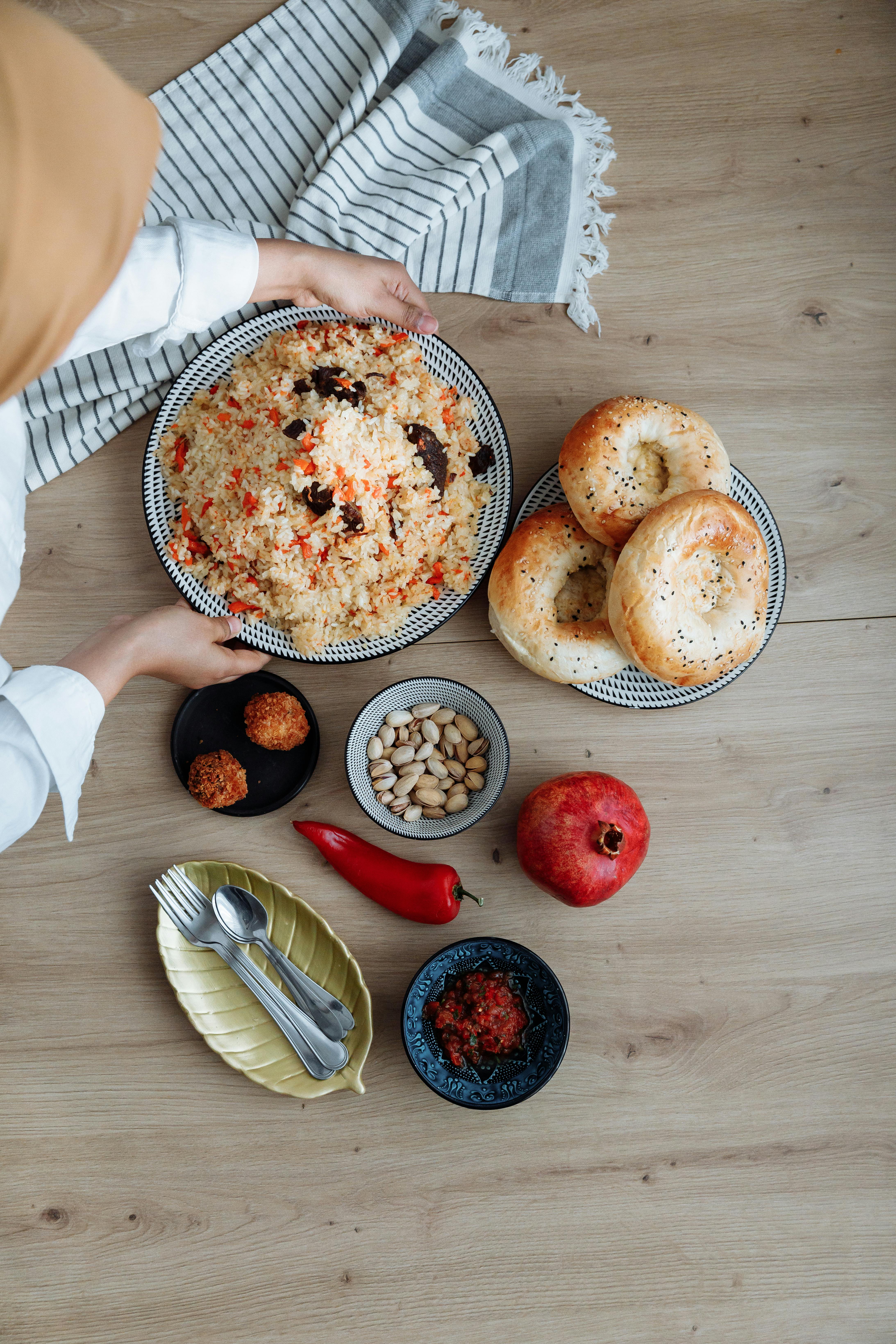
A rice dish with various furnishings | Source: Pexels
The disparaging comments from my mother-in-law weren’t new to me. She had always made her feelings known, criticizing the way I eat with my hands as if it were something to be ashamed of, or the aromatic spices that filled our home, dismissing them as offensive. My husband’s attempts to defend me and educate her on the beauty and diversity of other cultures seemed futile.
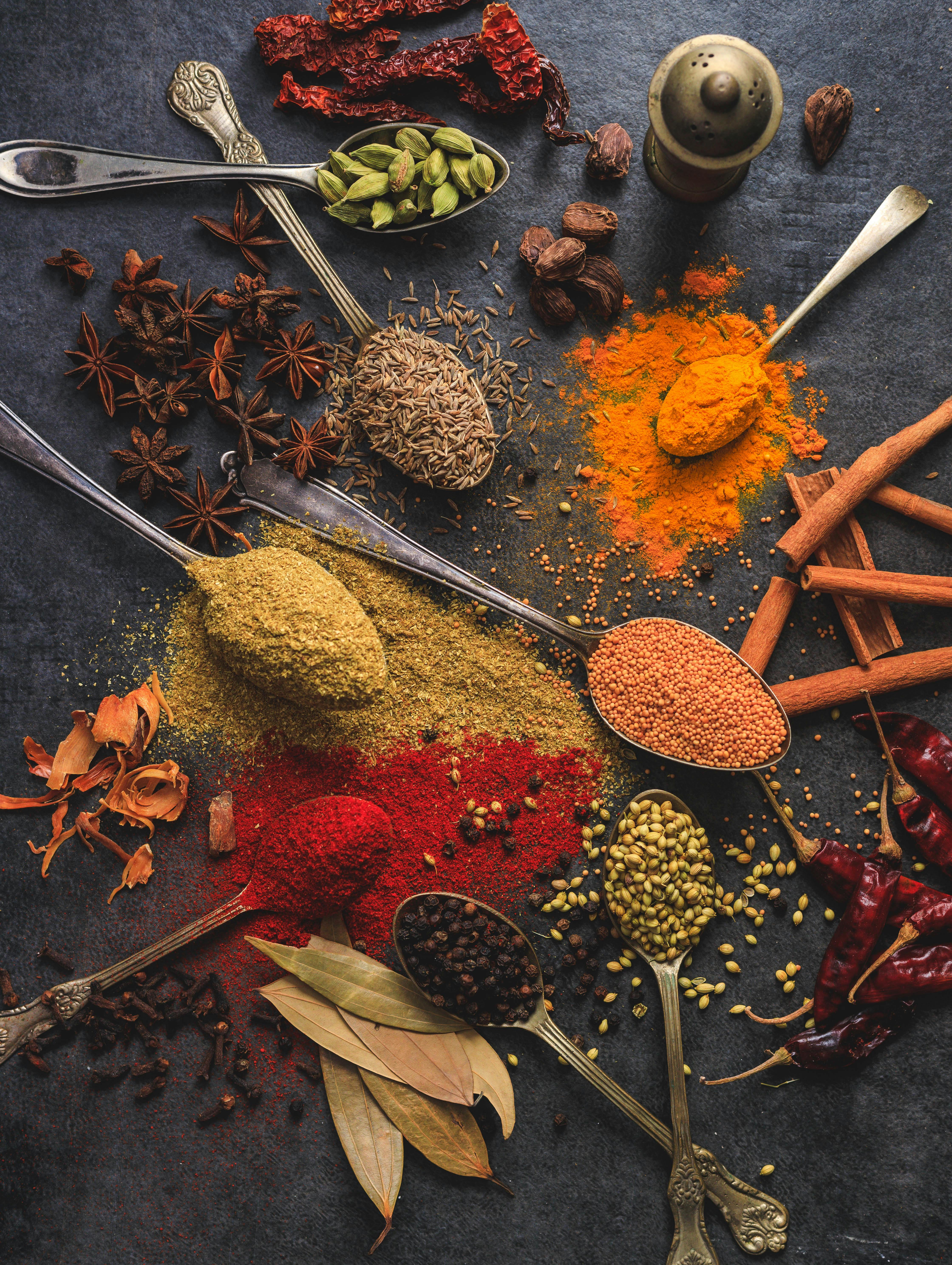
Various spices | Source: Pexels
Living with her constant judgments and disregard for my heritage was testing my patience, but I had chosen to remain silent, attributing her behavior to the stress of the quarantine.
The morning I discovered the empty pantry was a breaking point. The realization that she had taken it upon herself to throw away not just the food but a piece of my identity was shocking. Her justification, claiming it was for the sake of her son’s dietary preferences, was a blatant disregard for me, my culture, and even her son’s choices.
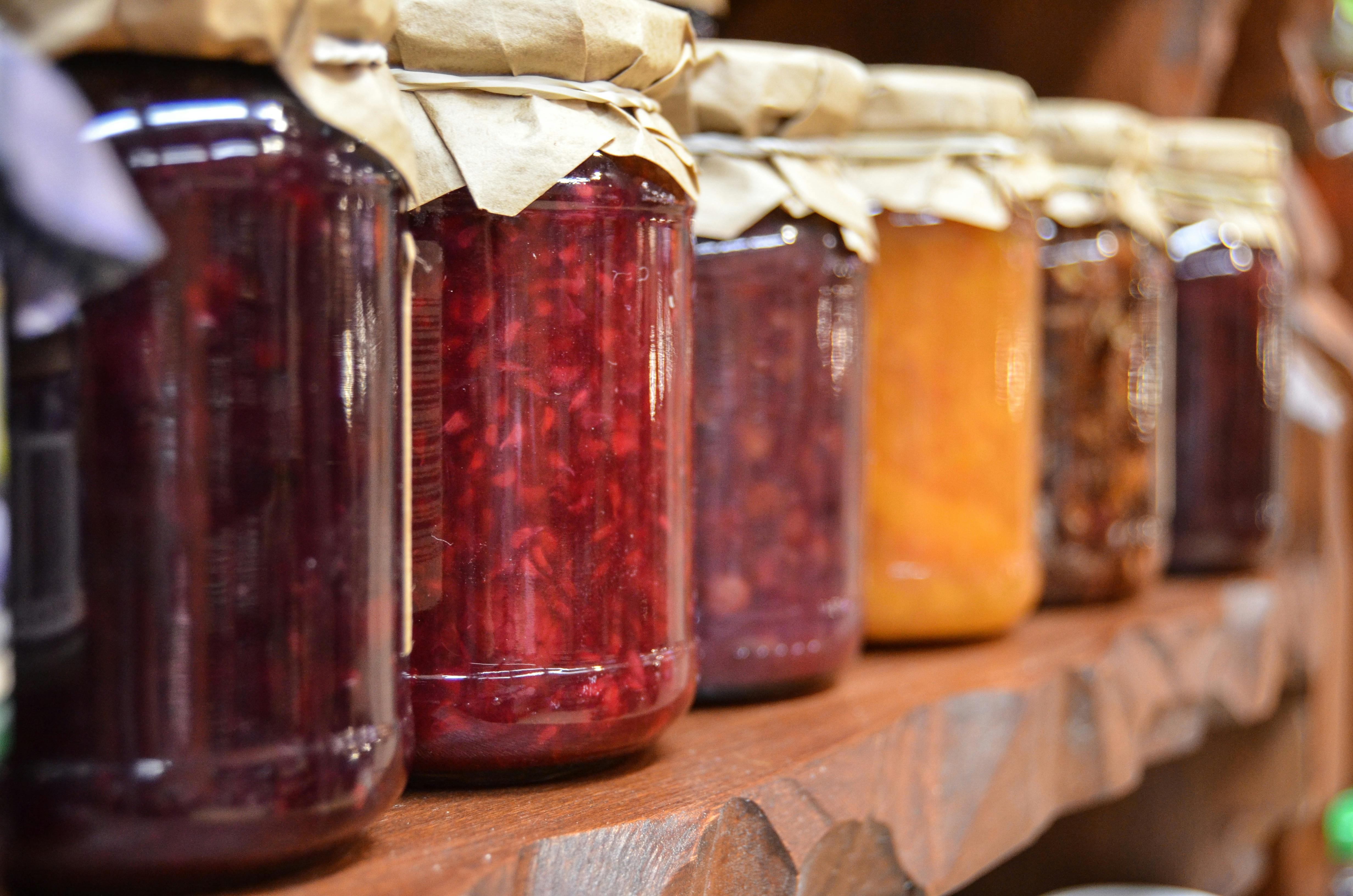
Jards in a pantry | Source: Pexels
It was clear she viewed my heritage as inferior, something to be erased and replaced with what she considered “normal American food,” as if my being American wasn’t valid because of my ethnic background.
My frustration was compounded by the challenge of replenishing my supplies. The quarantine had already made grocery shopping a daunting task, and finding specific ingredients for my dishes was nearly impossible due to shortages. Returning home empty-handed to face her audacious questioning about dinner plans was the epitome of insult to injury.

A woman doing grocery shopping | Source: Pexels
In that moment, feeling belittled and disrespected in my own home, something shifted within me. I realized that remaining silent and attempting to keep the peace had only emboldened her disrespect. It was clear that direct confrontation or seeking my husband’s intervention again would not suffice. Her actions were a direct challenge to my identity and my place in this family, and I could not let it stand unaddressed.

An angry woman | Source: Pexels
As I stood there, facing her smug inquiry about dinner, a calm resolve settled over me. I knew that any response I gave now would only lead to more dismissals of my feelings and heritage. But I wasn’t going to play by her rules anymore. I wasn’t just going to find a way to cook with the limited ingredients I had or try to explain yet again why her actions were hurtful and unacceptable.
No, I had another plan.

A woman cooking | Source: Pexels
With a clear objective in mind, I channeled all my frustration and determination into creating a masterful culinary strategy. My mother-in-law’s upcoming party, intended to be a grand social event, provided the perfect stage for my plan. She had envisioned this party as a showcase of her taste and sophistication, expecting a menu of classic American cuisine to appeal to her guests’ palates. However, I saw an opportunity to subtly introduce the very essence of my heritage that she had so vehemently rejected.
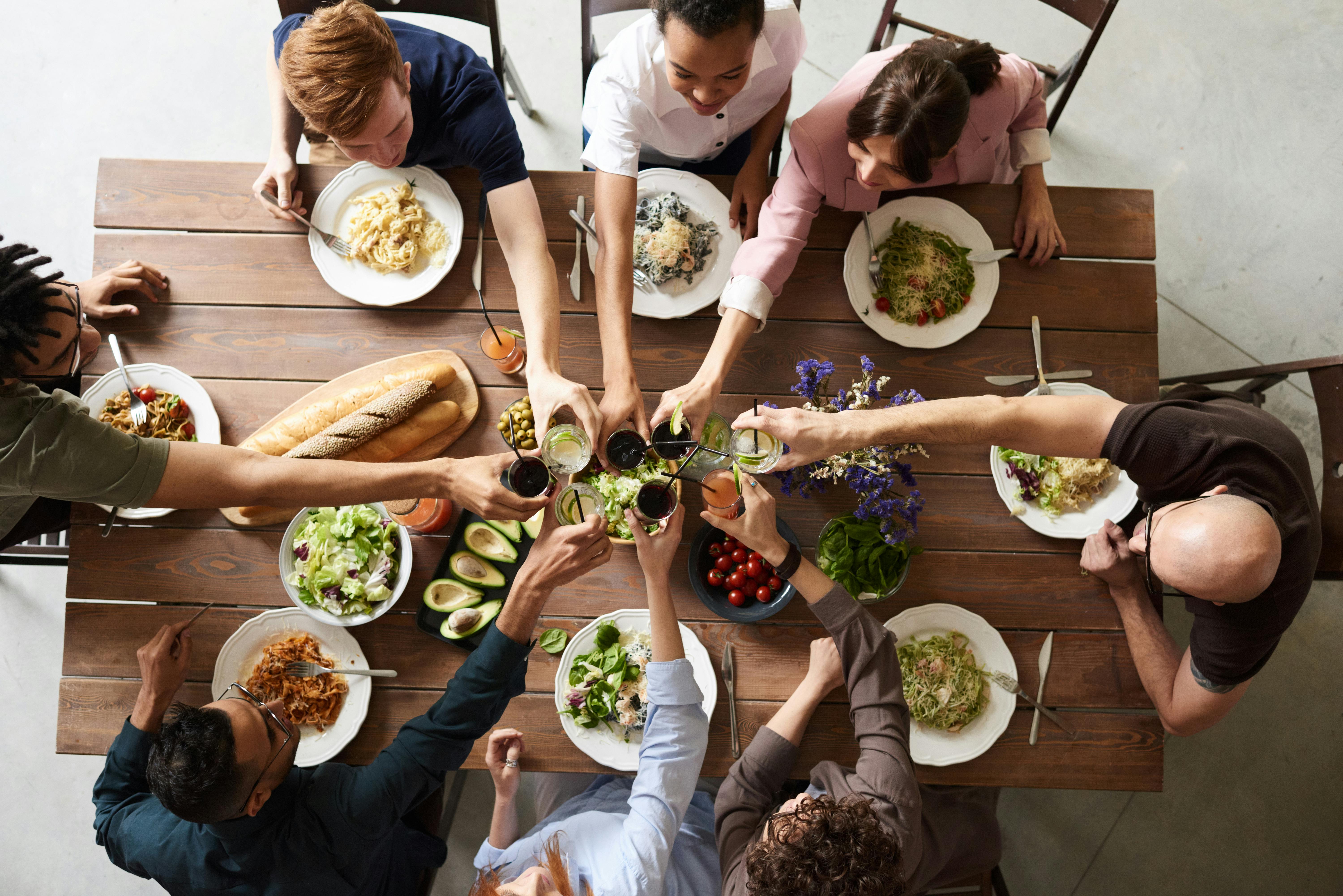
A dinner party | Source: Pexels
As I took over the kitchen to prepare the dishes for the party, I decided to infuse each “American” dish with a touch of Indian flair. The burgers were seasoned with garam masala, the potato salad hinted at cumin and coriander, and the apple pie was laced with cardamom. The transformation was subtle, enough to intrigue but not overwhelm, a culinary bridge between my world and hers.
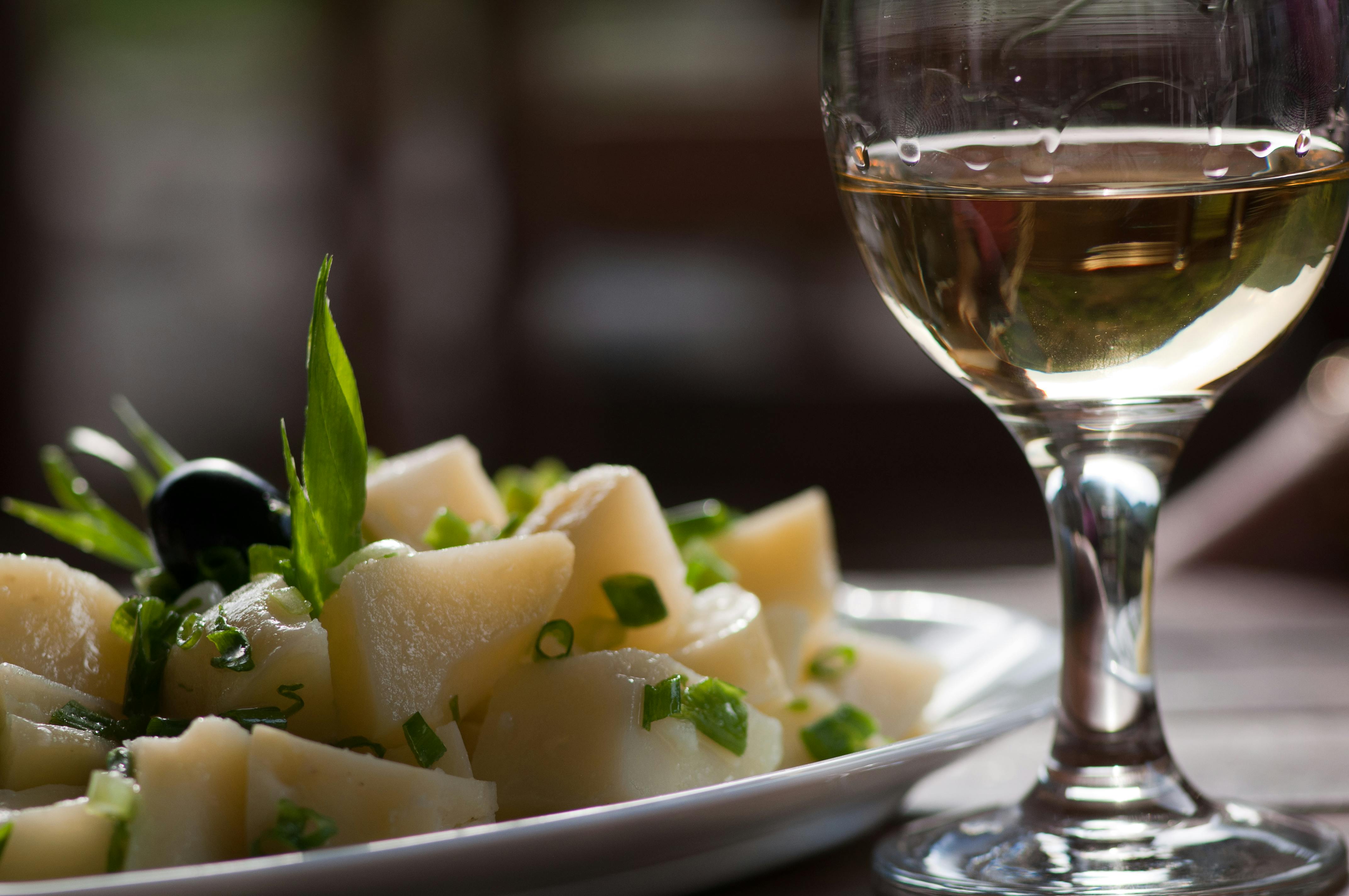
A dish with potato salad | Source: Pexels
The party was in full swing, with guests mingling and enjoying the ambiance. As they began to eat, their reactions were unanimous – surprise and delight at the unexpected flavors. One by one, they approached my mother-in-law with compliments, praising the innovative and delicious twist on traditional dishes. Each compliment was a testament to the universal language of good food, transcending cultural barriers and prejudices.

People enjoying a dinner party | Source: Pexels
Caught off guard by the barrage of praise, my mother-in-law tasted the food with a critical eye, expecting to justify her disdain for Indian cuisine. However, the scene before her, a room full of guests genuinely enjoying the food, forced a change in perspective. The initial instinct to reject the unfamiliar flavors was overshadowed by the realization that her biases were unfounded. The food was not just accepted; it was celebrated.

People enjoying a meal | Source: Pexels
This moment of revelation was pivotal for my mother-in-law. Witnessing the joy and satisfaction her friends experienced from the very cuisine she had scorned, she understood the futility of her resistance.
It dawned on her that her aversion to Indian food was merely a manifestation of her deeper biases against my cultural background. The reality that her son’s happiness was intricately linked to embracing his wife’s heritage finally broke through her stubborn prejudice.

People talking and laughing at a table full of food | Source: Pexels
The aftermath of the party marked a significant shift in our household dynamics. My mother-in-law’s acknowledgment of her misplaced animosity paved the way for a more harmonious coexistence. The tension that once permeated our interactions began to dissipate, replaced by a cautious mutual respect. Although this understanding did not erase all the challenges we faced, it was a crucial step towards reconciliation.

An upset older woman | Source: Pexels
Despite the progress in our relationship, the arrangement of living together remained untenable for all involved. My mother-in-law, perhaps recognizing the need for space to allow our relationship to continue healing, decided to move to her daughter’s place. This decision was met with a collective sigh of relief, a necessary change that promised a fresh start for everyone.

A happy woman | Source: Pexels
In the end, the experience taught us all invaluable lessons about acceptance, respect, and the power of food as a unifying force. While the road to fully bridging our cultural divide would be long and fraught with challenges, the party served as a poignant reminder of the potential for change. It underscored the importance of looking beyond our prejudices and embracing the diversity that enriches our lives.
How would you have dealt with a mother-in-law like this? Let us know on Facebook!
How about another story? This woman’s mother-in-law ruined her Thanksgiving dinner, so she got revenge on Christmas.
Mother-in-Law Turned My Thanksgiving into a Disaster, I Got My Vengeance on Christmas – Story of the Day
Andrea’s first Thanksgiving after her grandmother’s passing was supposed to be a special homage to her beloved Grandma’s recipes. However, the holiday turned into a battleground when her husband, Eric, insisted on having his mother, Vivian, over, despite their known incompatibility. Andrea wanted to make the day memorable with her late Grandma’s pumpkin pie recipe and other cherished dishes, but Vivian’s presence and subsequent actions turned the day into a disaster.

For illustration purposes only | Source: Getty Images
Vivian, who had always been critical of Andrea and her household, wasted no time in taking over the kitchen and dismissing Andrea’s attempts to honor her grandmother. Her constant critiques and disrespect reached a boiling point when she not only failed to prepare the turkey properly, leading to a minor kitchen disaster, but also destroyed Andrea’s late Grandma’s recipe book under the guise of an “accident.”
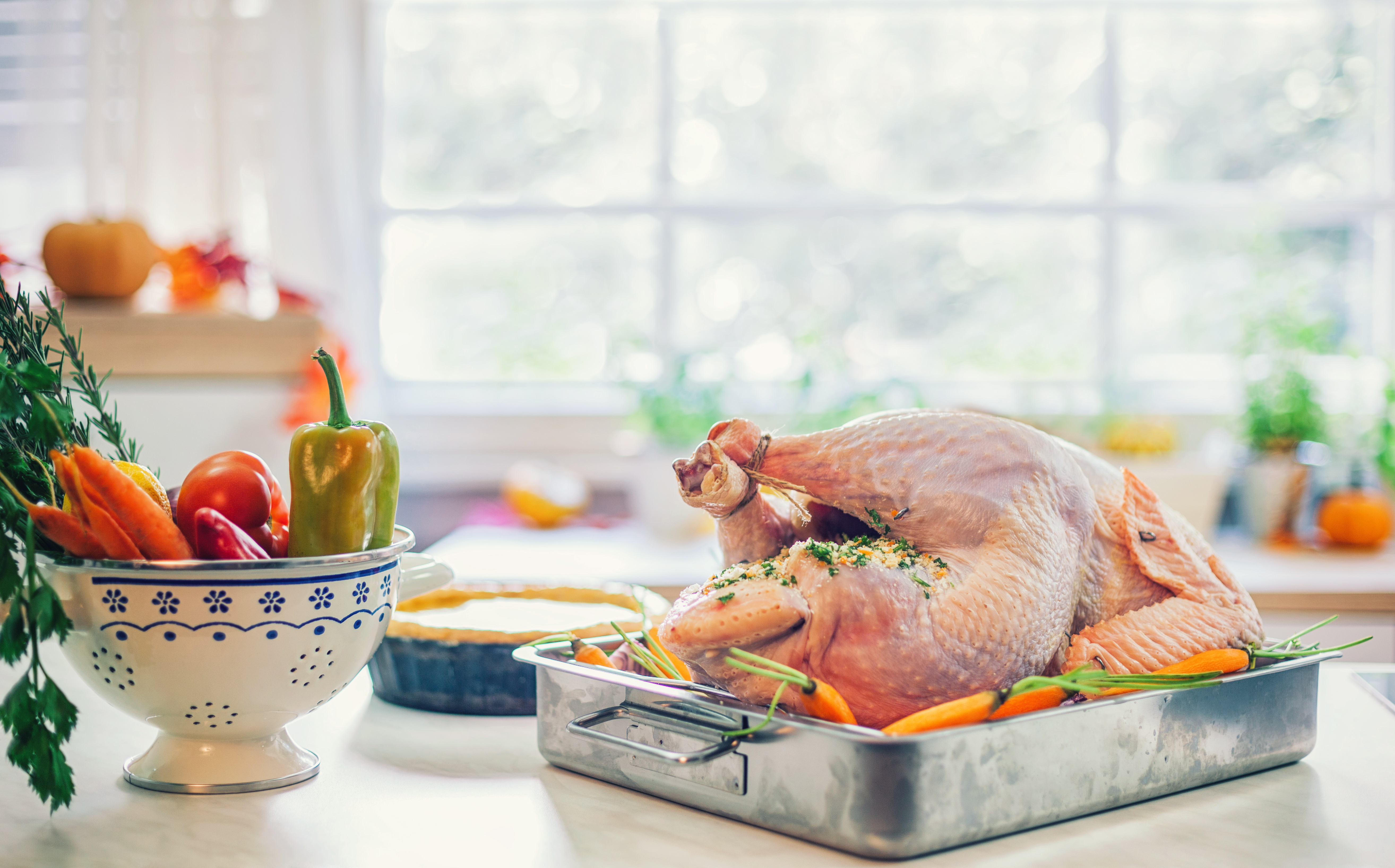
For illustration purposes only | Source: Getty Images
The situation escalated further when Vivian unilaterally decided to crank up the oven’s temperature, ruining all the dishes Andrea and her mother had painstakingly prepared. This act of sabotage not only ruined the Thanksgiving meal but also symbolized a blatant disrespect for Andrea’s family legacy and her efforts to create a memorable holiday.

For illustration purposes only | Source: Getty Images
Feeling utterly disregarded and disrespected, Andrea withdrew, leading to a somber Thanksgiving. The aftermath saw her relationship with Eric strained as he struggled to mediate between his wife and his mother, ultimately deciding to spend Christmas with Vivian, hoping for a peaceful holiday.
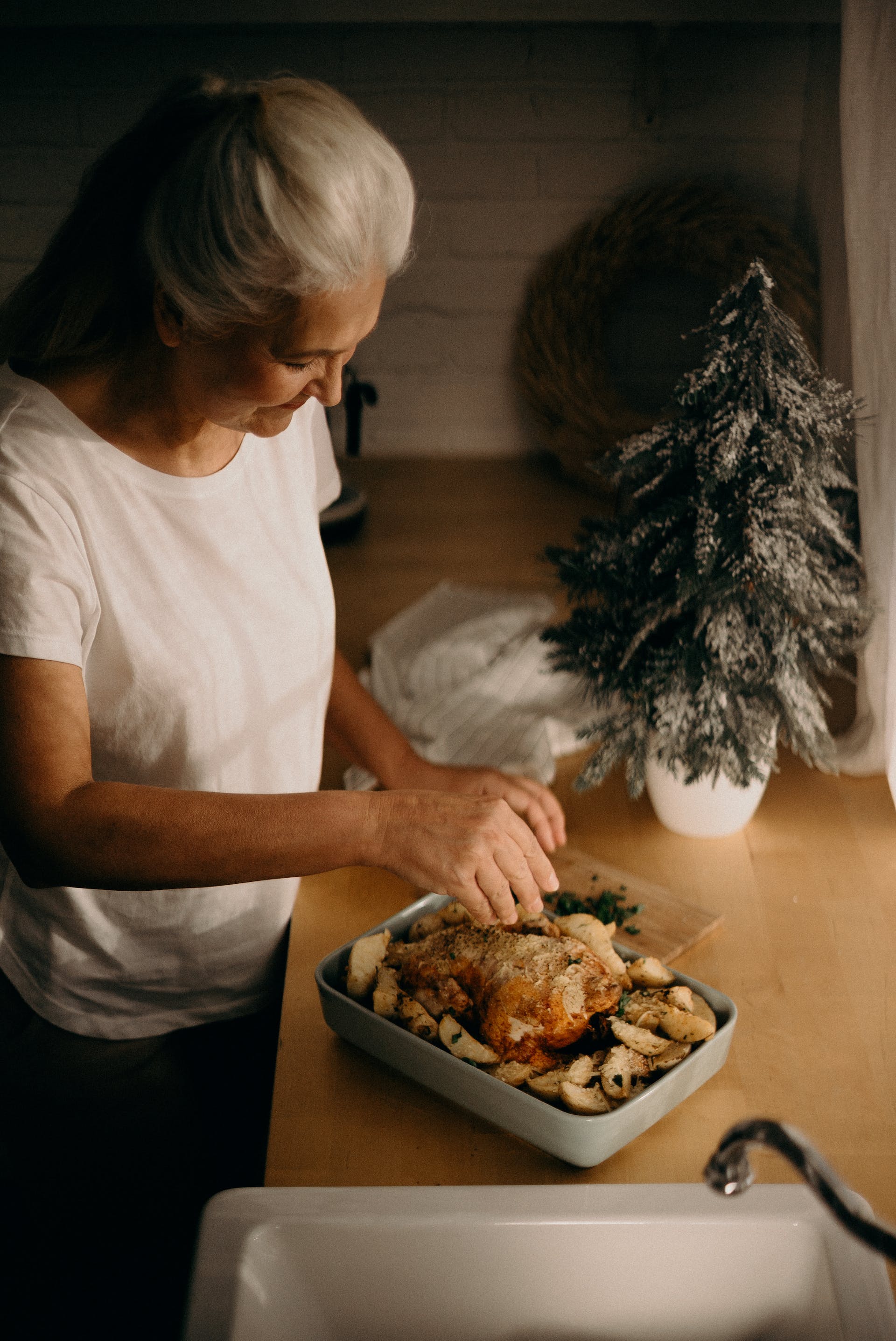
For illustration purposes only | Source: Pexels
However, Andrea, determined not to be downtrodden again, hatched a plan for revenge during Vivian’s critical cake-tasting event on Christmas Day. She discreetly added laxatives to the cake batter, leading to an unfortunate and chaotic reaction among the guests, including potential clients for Vivian’s bakery business. The incident not only marred the event but also delivered a dose of poetic justice to Vivian, whose actions had previously caused so much distress for Andrea.

For illustration purposes only | Source: Getty Images
Andrea’s secret revenge provided her with a sense of satisfaction and closure, allowing her to reclaim some control over her relationship with Vivian and setting the stage for a new dynamic within the family. Despite the unorthodox method, Andrea’s actions underscored the deep-seated issues in her relationship with Vivian and her desperation for acknowledgment and respect.

For illustration purposes only | Source: Pexels
This story of familial strife, cultural clashes, and ultimate retribution highlights the complex dynamics that can unfold within families during the holidays. Andrea’s journey from a desire to honor her grandmother’s legacy to taking drastic measures to assert her dignity reflects the lengths to which individuals may go to protect their heritage and self-respect in the face of persistent disrespect and provocation.
This work is inspired by real events and people, but it has been fictionalized for creative purposes. Names, characters, and details have been changed to protect privacy and enhance the narrative. Any resemblance to actual persons, living or dead, or actual events is purely coincidental and not intended by the author.
The author and publisher make no claims to the accuracy of events or the portrayal of characters and are not liable for any misinterpretation. This story is provided “as is,” and any opinions expressed are those of the characters and do not reflect the views of the author or publisher.



